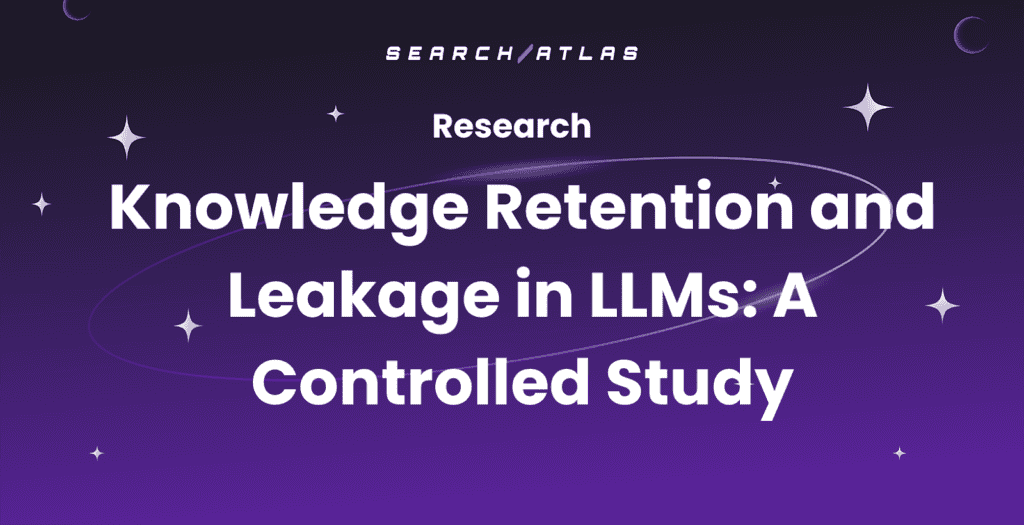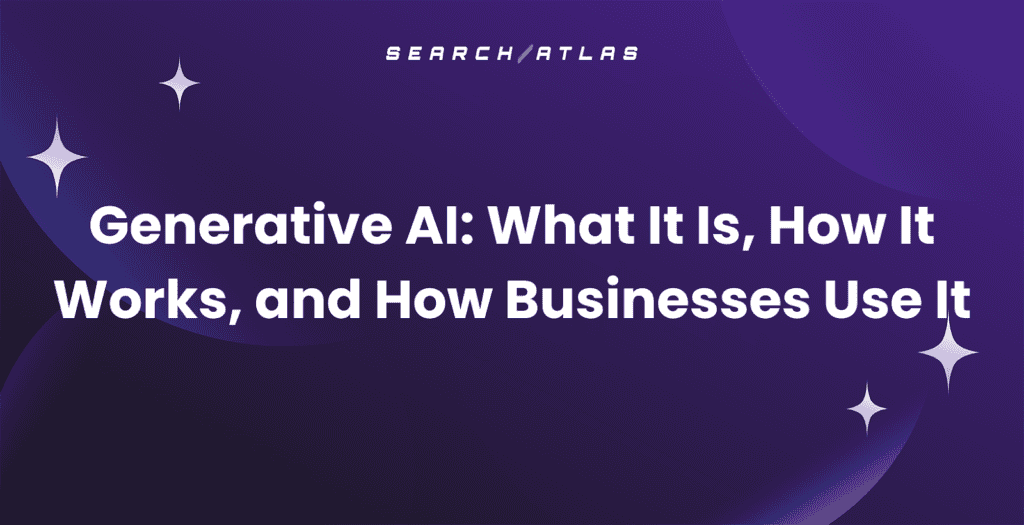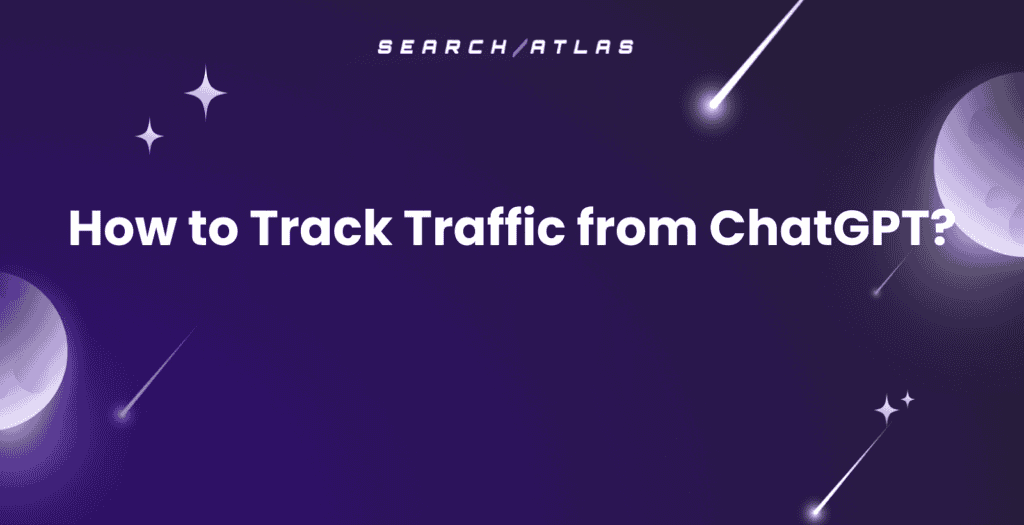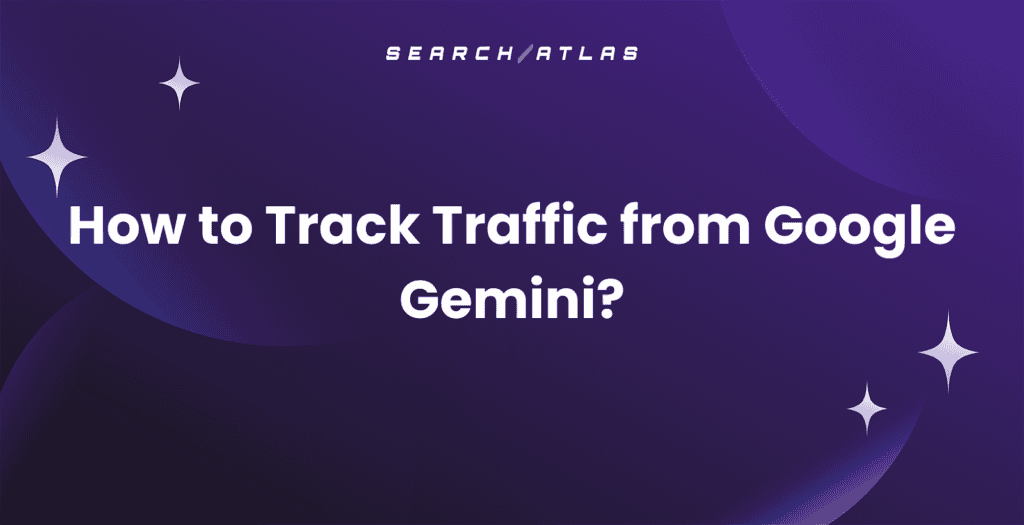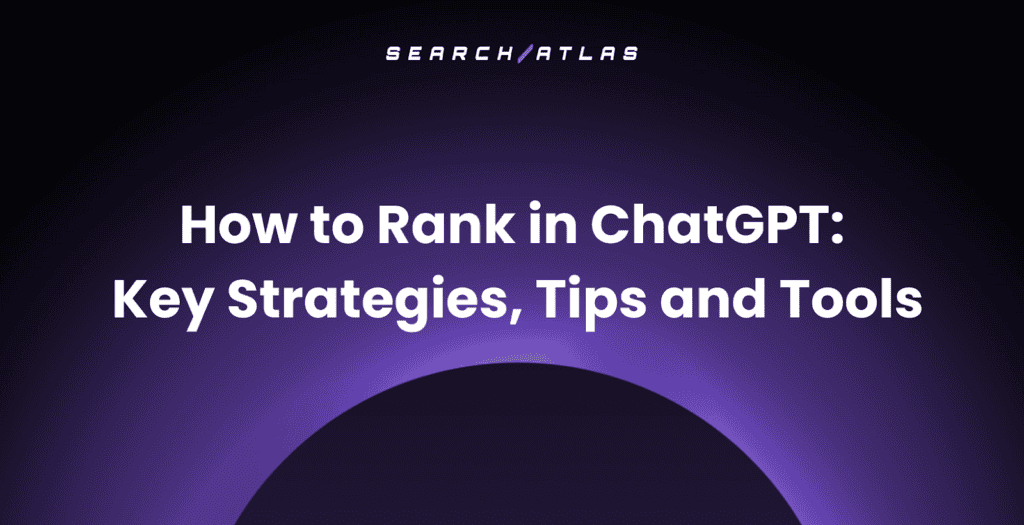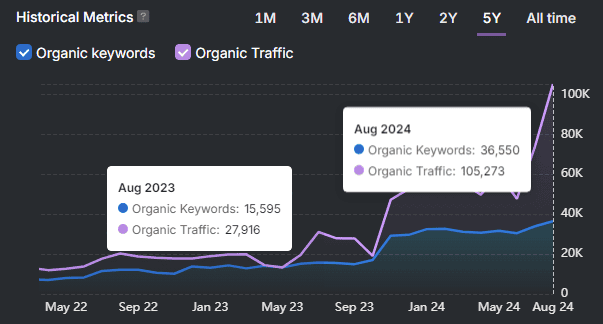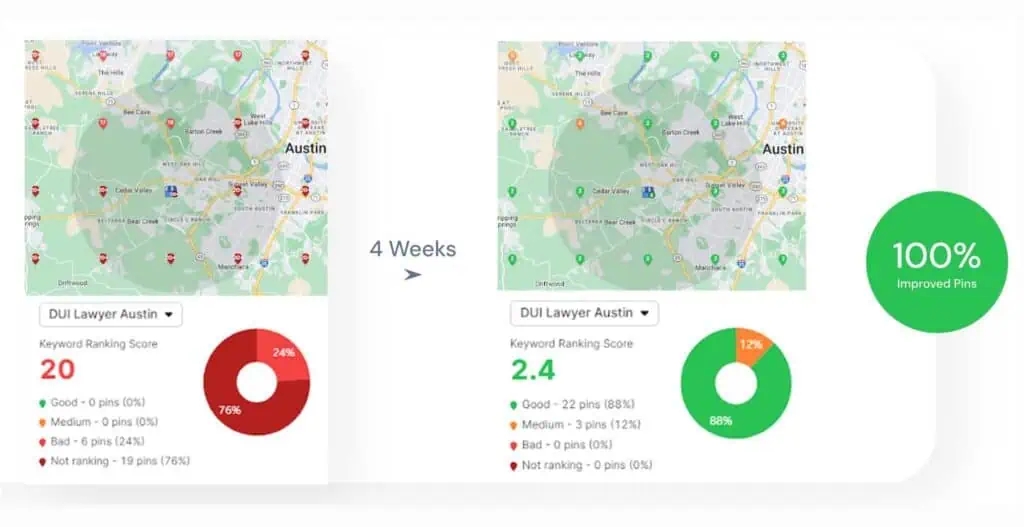SEOPress vs. The SEO Framework is a matchup between two plugins that value simplicity, but take very different paths to get there.
SEOPress brings a modern, modular approach to SEO. It’s built for users who want a sleek interface, full feature control, and room to scale, without getting bogged down in bloat. You decide what’s active, what’s hidden, and how deep you want to go.
The SEO Framework strips everything down to the essentials. No visual fluff, no aggressive upsells—just streamlined performance, smart automation, and code that puts speed first. It’s for those who prefer to set things once and let the plugin handle the rest.
This comparison breaks down the key differences to help you find the plugin that fits your workflow, your technical comfort level, and your long-term SEO goals.
What Is SEOPress?
SEOPress vs. The SEO Framework: WordPress SEO Plugin Showdown
Slug
Meta descriptionUse AIInsert variable
Compare SEOPress and The SEO Framework across key SEO features. Discover which plugin fits your WordPress site best in this in-depth head-to-head review.
SEO analysisOKseopress vs seo framework
Premium SEO analysisPremiumAdd related keyphrasePremiumTrack SEO performanceInternal linking suggestionsPremium
Cornerstone content
Advanced
Insights
Use up and down arrow keys to resize the meta box panel.
SEOPress is a feature-rich WordPress SEO plugin that focuses on giving users complete control, without overwhelming them with clutter. It strikes a rare balance: beginner-friendly on the surface, but packed with advanced options just beneath.
Interesting for solo site owners, freelancers, and agencies, SEOPress delivers a streamlined interface, thoughtful automation, and deep customization. It supports everything from basic on-page SEO to more complex tasks like schema markup, local SEO, and WooCommerce optimization.
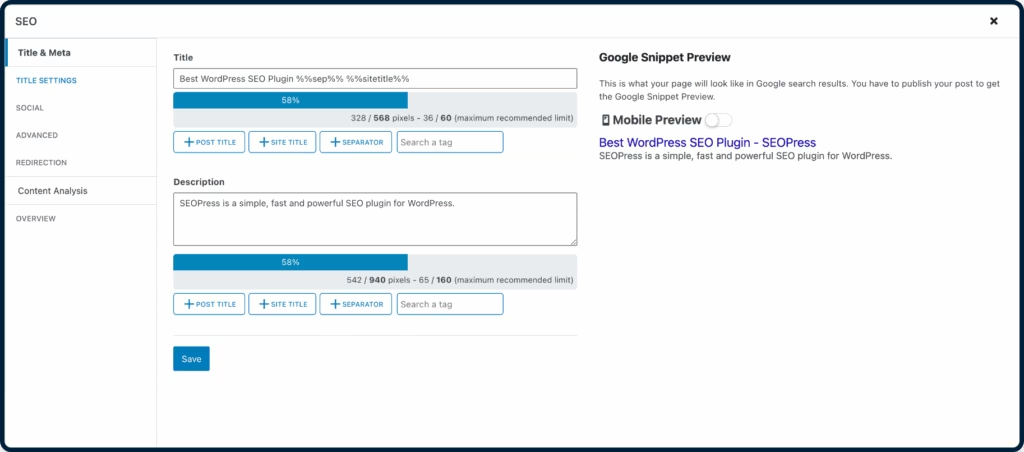
You’ll find intuitive meta boxes for editing title tags and descriptions, flexible content analysis tools, and full sitemap support—all designed to help your content rank while keeping your workflow efficient.
SEOPress scales to meet the challenge, whether you’re optimizing a personal blog or managing dozens of client sites. And with no intrusive ads or branding, it keeps your dashboard clean and your focus on what matters.

SEOPress Popular Features
SEOPress offers a robust set of tools that support both foundational SEO practices and more advanced optimization strategies.
- Content Analysis. Gives real-time feedback on readability, keyword usage, heading structure, and more.
- Meta Tags & Titles. Easily customize title tags and meta descriptions from a clean, integrated meta box.
- Schema Markup. Add structured data for articles, products, local businesses, and other content types.
- XML & HTML Sitemaps. Generate sitemaps automatically to help search engines index your site efficiently.
- Social Media Optimization. Control how posts appear on platforms like Facebook and X (formerly Twitter).
- Google Search Console Integration. View performance data directly within WordPress to guide SEO decisions.
SEOPress Pricing Structure
- Free Plan. SEO content analysis, optimize your SEO metadata, enhanced social sharing, XML/HTML sitemaps, and Google Analytics.
- Pro Plan. $49/year — 5 sites, OpenAI integration, site audit, local SEO, WooCommerce SEO
- Pro Plan Unlimited. $149/year — Unlimited sites, advanced features
What Is The SEO Framework?
The SEO Framework is a minimalist SEO plugin built for WordPress users who want clean performance and smart automation without the bloat. It emphasizes fast load times, tight integration with WordPress, and a no-nonsense interface that skips distractions like upsells or branding.
Out of the box, The SEO Framework handles critical SEO tasks like canonical URL generation, structured data, and metadata optimization—without requiring constant user input. Its preconfigured defaults follow best practices, while advanced users can fine-tune settings when needed.
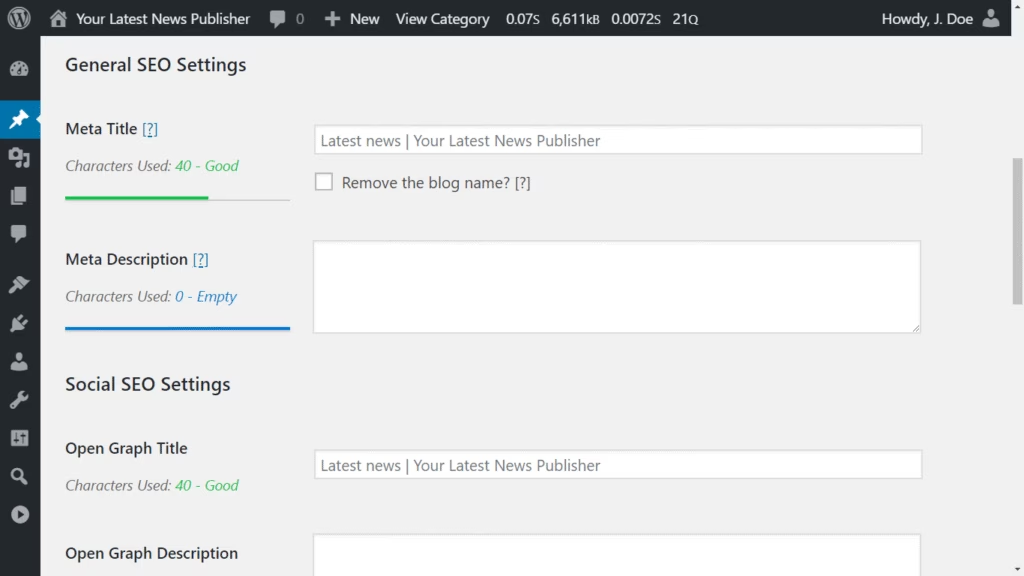
The plugin is especially appealing to developers, privacy-conscious site owners, and anyone managing performance-sensitive websites. It works quietly behind the scenes, providing reliable SEO coverage without overwhelming your dashboard.
The free version includes essentials like sitemap generation, breadcrumbs, metadata control, and social tags. The optional Extension Manager adds advanced features, including local SEO, AMP support, and custom schema modules.
The SEO Framework Popular Features
The SEO Framework focuses on performance, automation, and privacy-first SEO design.
- Smart SEO Automation. Preconfigured to follow SEO best practices without constant tweaking.
- Canonical URL & Metadata Control. Automatically creates clean, optimized meta titles and canonical URLs.
- Built-In Structured Data. Native support for schema markup enhances search appearance.
- Breadcrumb Navigation. Improves internal linking and user experience.
- Social Media Optimization. Customize previews on platforms like Facebook and X.
- Ad-Free, Privacy-Respecting UI. No tracking, ads, or branding—free or premium.
The SEO Framework Pricing Structure
- Free. Unlimited premium critical SEO, unlimited free extensions
- Pro. $7/month — Extensions unlocked on 2 sites, 500 API requests/month
- Business. $17/month — Extensions unlocked on 20 sites, 5,000 API requests/month
- Agency. $27/month — Extensions unlocked on 200 sites, 50,000 API requests/month
SEOPress vs. The SEO Framework: Best Fit for Your SEO Workflow in 2025
This side-by-side breakdown covers seven essential categories, from automation and schema support to local SEO and pricing, allowing you to confidently choose the right plugin for your site or clients.
1. User Experience and Interface
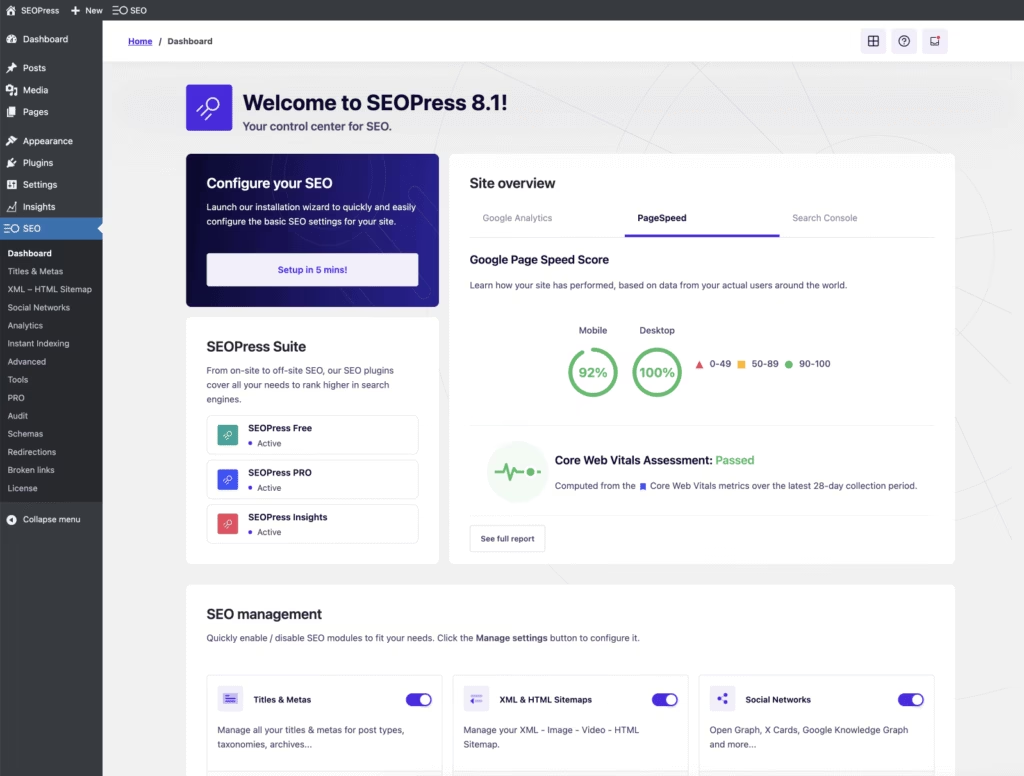
SEOPress offers a clean, professional interface that’s easy to navigate even for beginners. It keeps menus organized, avoids bloat, and provides clear explanations throughout.
The settings panel is logically structured, and content analysis appears directly in the post editor. However, some users will likely find the number of available options a bit overwhelming at first.
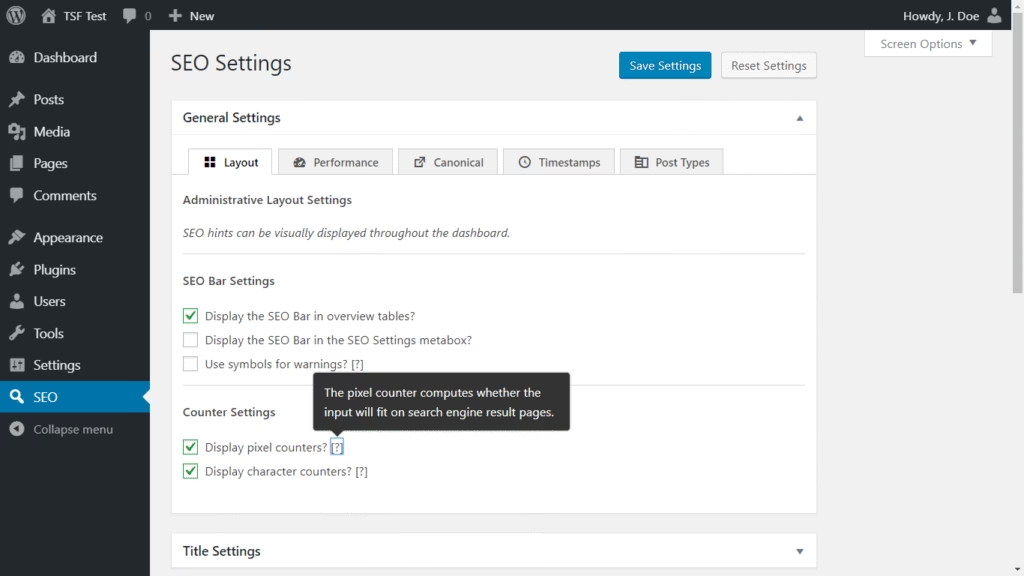
The SEO Framework is lighter and more minimal. It blends seamlessly into the WordPress admin area and avoids branding, upsells, or pop-ups.
Its settings are pre-configured with smart defaults, so there’s very little setup required. That said, it lacks the visual polish and in-editor guidance that SEOPress offers.
SEOPress and The SEO Framework are tied for user experience and interface.
SEOPress is more approachable for users who want structured guidance, while The SEO Framework is ideal for minimalists or developers who value clean, ad-free simplicity.
2. Content Analysis and On-Page Tools
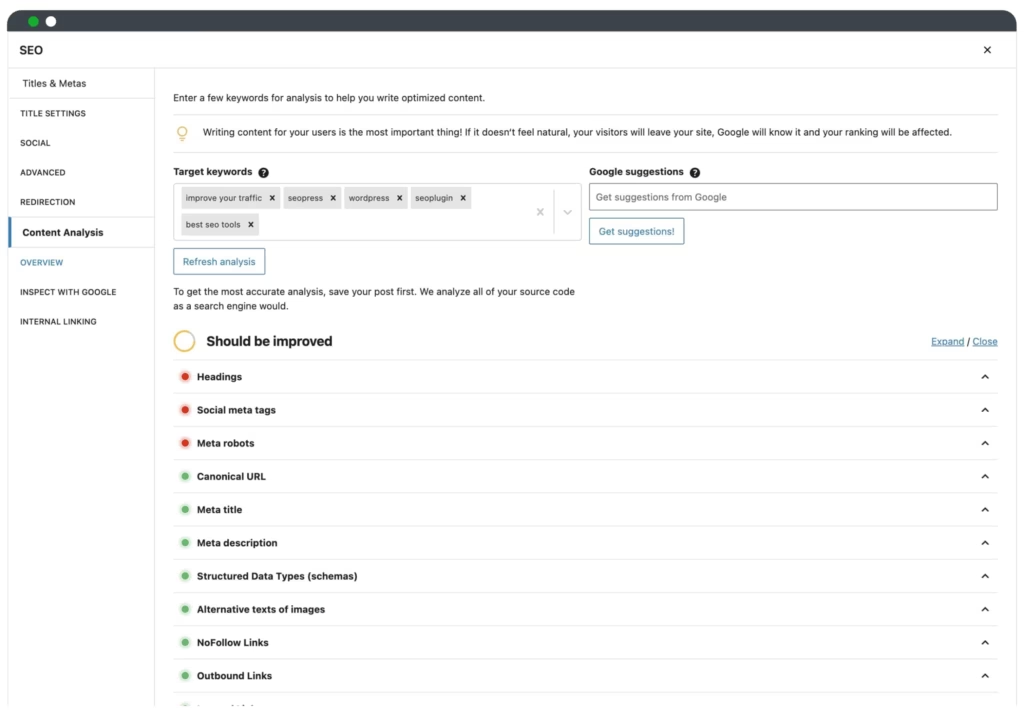
SEOPress includes a robust content analysis feature that checks keyword usage, readability, meta tag length, and header structure. It provides actionable recommendations in real time while you edit posts.
The Pro version integrates with OpenAI to suggest improvements, making it helpful for both SEO and content optimization.
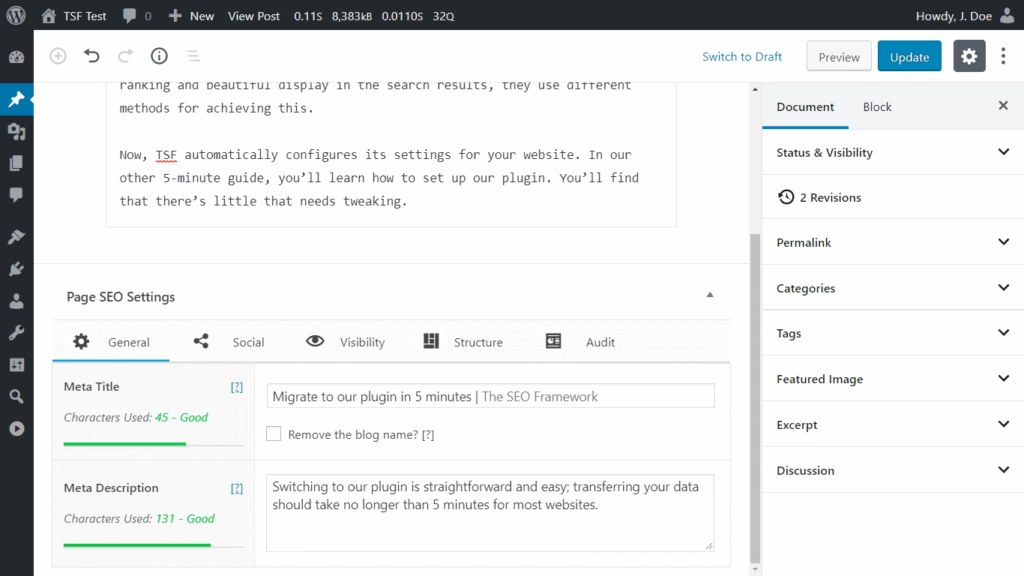
The SEO Framework skips content analysis. There’s no keyword density checker or readability score. It assumes users already know SEO best practices and want to focus on performance.
SEOPress is the winner for content analysis and on-page tools.
SEOPress clearly wins here by offering extensive guidance and AI-powered content recommendations. The SEO Framework is strong in automation but lacks on-page content support.
3. Schema and Structured Data
SEOPress supports structured data through built-in schema types and custom schema options. You can mark up articles, products, local businesses, and more.
Advanced users can customize or import JSON-LD manually. The visual schema editor is also available in the Pro version, making it beginner-friendly without sacrificing flexibility.
The SEO Framework includes basic structured data for pages and posts by default. You have the ability to enhance schema support using the premium Extension Manager, which adds options for breadcrumbs, local business data, and social tags. However, it lacks a visual editor or advanced customization out of the box.
SEOPress wins for schema and structured data.
SEOPress offers a more complete and user-friendly schema system with built-in flexibility. The SEO Framework does the essentials well, but falls short in advanced use cases.
4. Automation and Smart Defaults
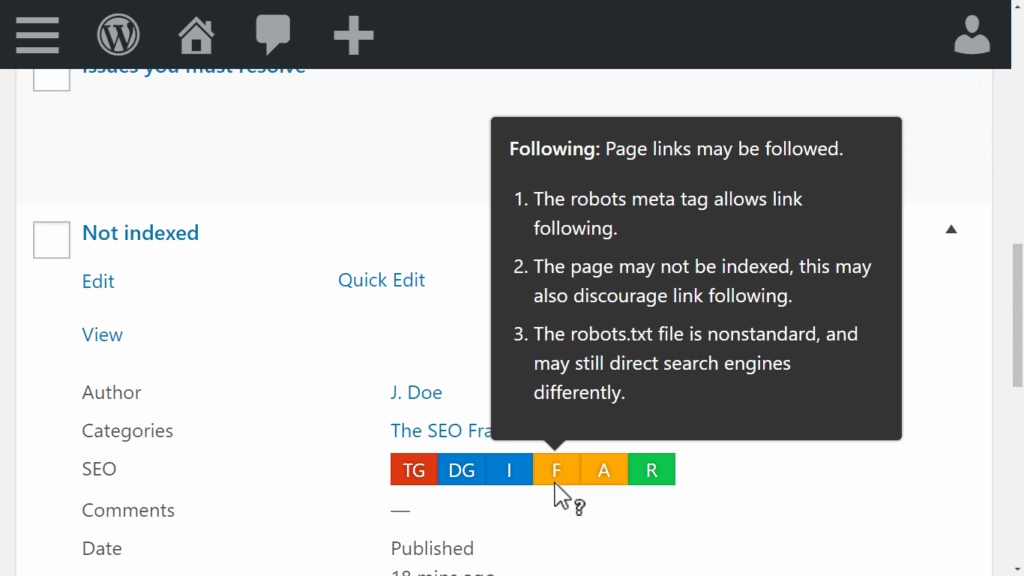
The SEO Framework excels in this category. Its core appeal lies in intelligent automation. Canonical URLs, meta descriptions, redirects, and structured data are all generated automatically using smart logic. It’s designed for users who want to “set it and forget it,” with minimal manual input.
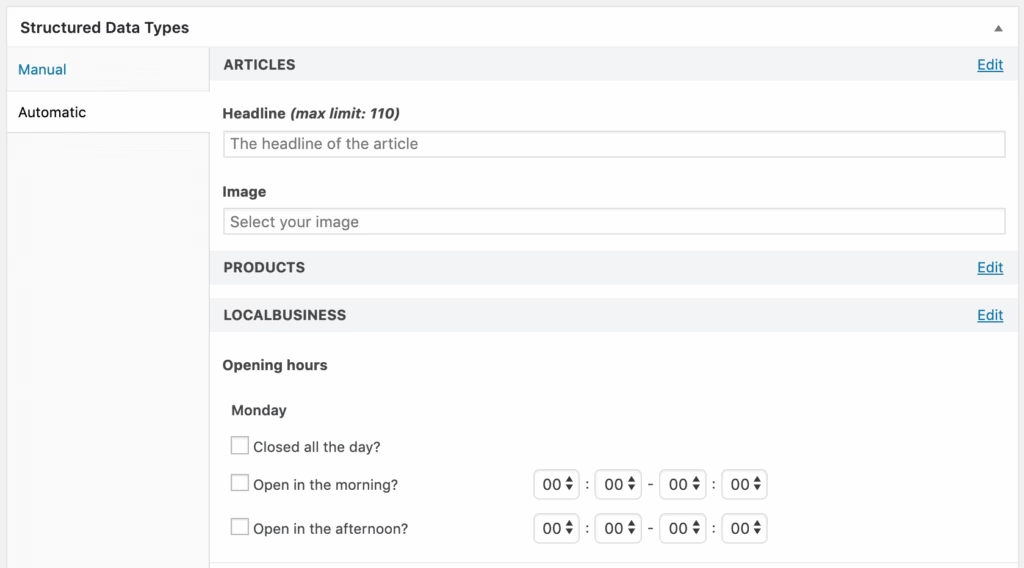
SEOPress also includes some automation, like dynamic variables for title/meta tags and automatic sitemaps. But compared to The SEO Framework, it demands more manual configuration to unlock full value.
The SEO Framework wins for automation and smart defaults.
The SEO Framework leads when it comes to hands-off optimization with clean code and smart defaults. It’s interesting for users who want powerful automation without having to touch every setting.
5. Local SEO and WooCommerce Integration
SEOPress Pro includes dedicated local SEO features, like business location markup, opening hours, and Google Maps integration. It offers WooCommerce support to optimize product pages, categories, and structured data for e-commerce stores.
The SEO Framework offers local SEO functionality through its premium Local extension, which provides support for local business markup. However, WooCommerce integration is minimal, and you’ll need additional customization or plugins to optimize shop pages fully.
SEOPress wins for local SEO and WooCommerce integration.
SEOPress provides broader and more polished support for both local SEO and WooCommerce. The SEO Framework covers the basics but doesn’t go as deep.
6. Performance and Page Speed
Despite offering many features, SEOPress remains lightweight and well-coded. It avoids third-party ads or branding and allows modular activation of features to reduce load. However, some modules (like AI integration) introduce minor overhead.
On the other hand, performance is a core strength for The SEO Framework. It’s fast, extremely lightweight, and fully ad-free—even in the free version. It blends into the WordPress core and requires minimal resources. No JavaScript-heavy dashboards or unnecessary scripts.
The SEO Framework takes the winning spot for performance and page speed.
For users prioritizing speed and minimal overhead, especially on shared hosting or performance-critical sites, The SEO Framework’s lean footprint is a clear advantage.
7. Pricing and Value
SEOPress offers a generous free version with essential features. The Pro version costs $49/year for 5 sites, while the Unlimited plan is $149/year. Both include powerful features like OpenAI integration, local SEO, and schema customization.
The SEO Framework also offers a free version with no ads or branding. Its Pro pricing starts at $7/month, with modules priced based on usage (solo, business, or agency level). It’s affordable for individual users but gets more expensive when adding multiple premium extensions across many sites.
Neither wins for pricing and value.
The best value depends on your specific needs and the number of sites you manage. However, there are tools out there that give more for each dollar you invest.
Search Atlas: A Unified SEO Powerhouse Beyond SEOPress and The SEO Framework
Thinking of SEOPress as the flexible toolkit and The SEO Framework as the efficient engine, Search Atlas is the command center. Built for users who want complete control, content automation, and data-driven insights in one place, Search Atlas doesn’t just handle SEO; it transforms how teams plan, create, and optimize at scale.
Whether you’re managing a personal site, running an agency, or building a content empire, Search Atlas streamlines everything from on-page improvements to link building, without the need for patchwork plugins or external tools.
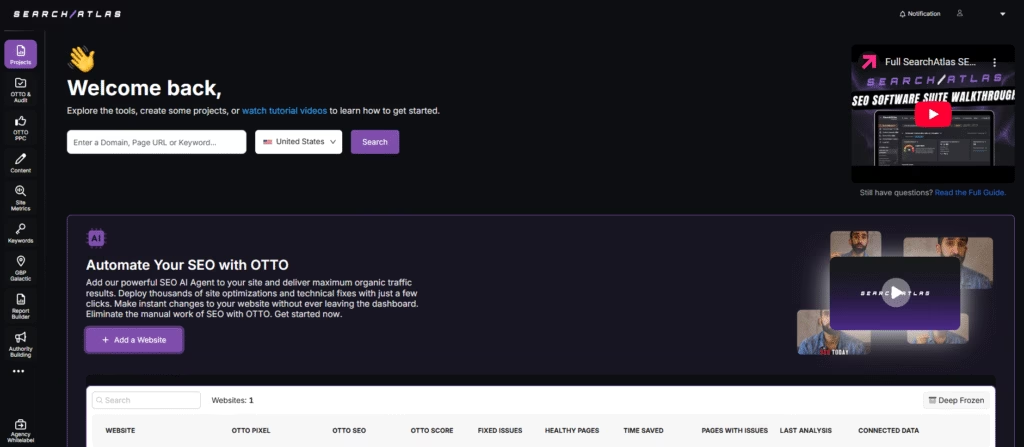
Content Creation and Optimization
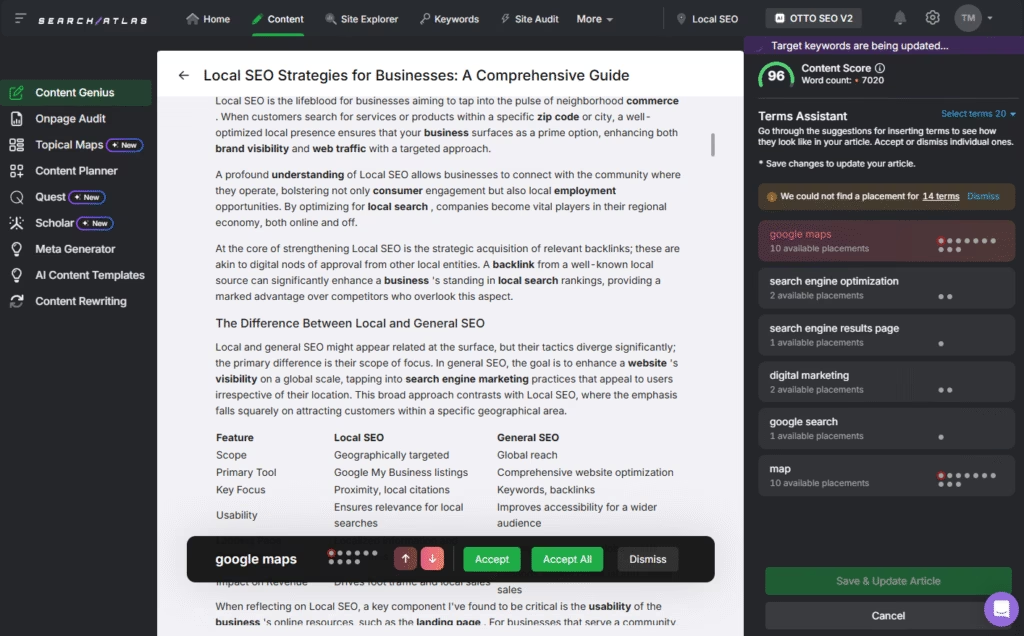
SEOPress offers some content analysis, and The SEO Framework focuses almost entirely on technical metadata. Neither provides a content pipeline.
Search Atlas introduces Content Genius, which is an AI-driven content assistant that empowers teams to tackle many tasks.
- Plan content clusters with keyword and SERP overlap analysis.
- Generate long-form articles using SEO-trained AI.
- Optimize drafts with live structure and density scores.
- Identify internal link opportunities before publishing.
- Push optimized content to WordPress in one click.
This eliminates the need for multiple plugins or tools for research, writing, optimization, and publishing.
Technical SEO
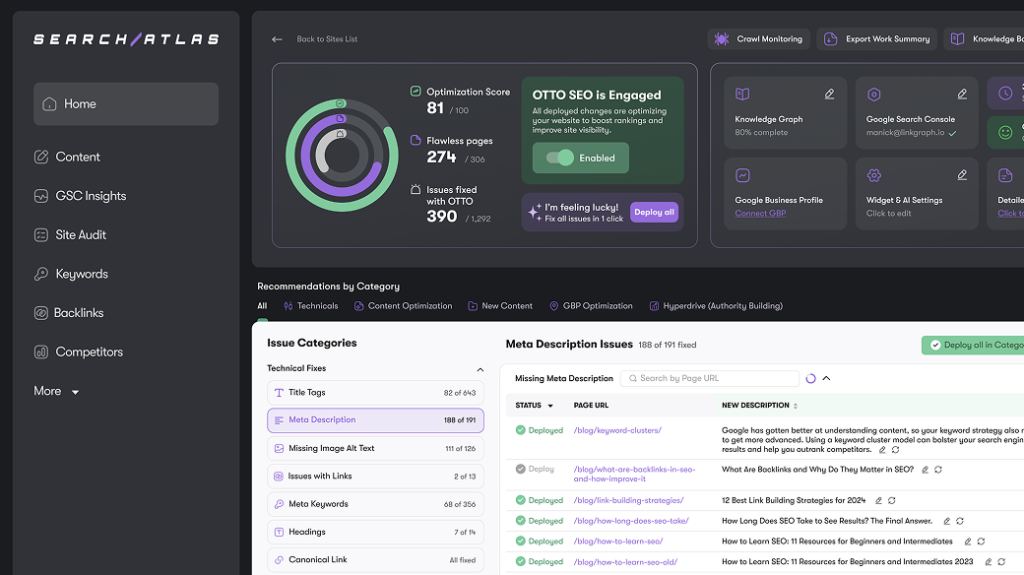
SEOPress offers site audit integrations, and The SEO Framework shines with clean, lightweight automation. But both tools still require users to manage fixes manually.
Search Atlas includes OTTO, an intelligent automation engine with tons of functionality.
- Continuously audits for SEO issues across the entire site.
- Applies real-time schema, metadata, and canonical fixes.
- Enhances crawl efficiency and Core Web Vitals.
- Optimizes internal linking based on semantic structure.
With OTTO, technical SEO is no longer reactive—it’s proactive and scalable.
Link Building
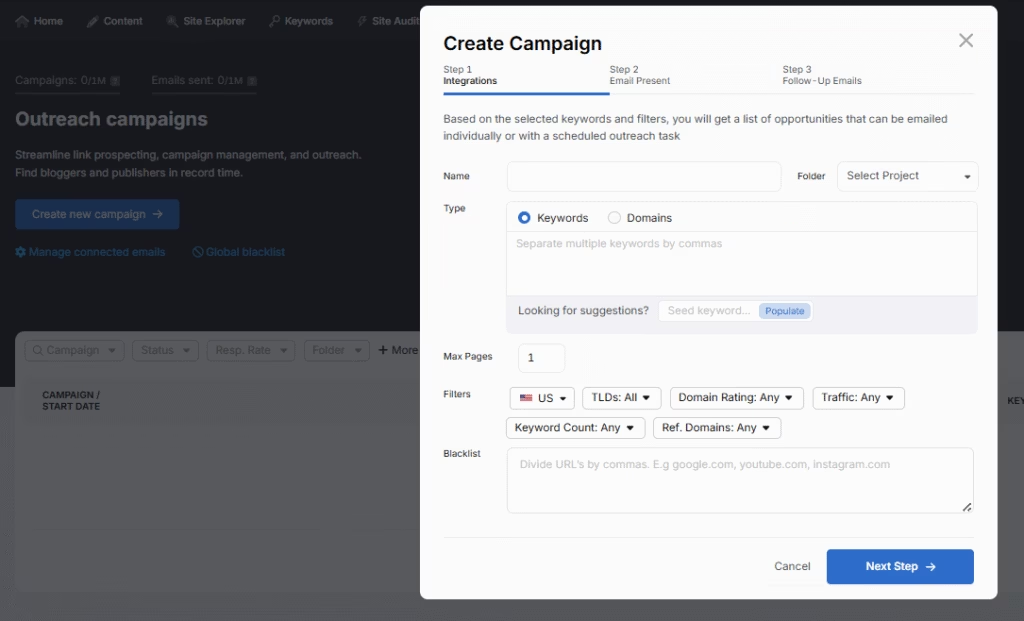
Backlinks remain outside the reach of most WordPress plugins. Neither SEOPress nor The SEO Framework addresses this directly.
Search Atlas offers integrated link building.
- Competitor link gap analysis
- Link quality scoring and toxic link detection
- Anchor text auditing
- CRM-style outreach tools to manage campaigns and follow-ups
You don’t need a separate link tool or agency subscription—Search Atlas handles it internally.
Search Atlas Pricing
Search Atlas uses a tiered SaaS model that includes all features out of the box.
| Starter plan | Growth plan | Pro plan | |
|---|---|---|---|
| Price | $99/month | $199/month | $399/month |
| Free OTTO activation | 1 | 2 | 4 |
| User seats | 2 | 3 | 5 |
| GSC Site Projects | 5 | 15 | Unlimited |
| Content Assistant Keywords | 120 | 300 | 600 |
| On-Page In-Depth Audits | 40 | 100 | 200 |
| Content Plans | 40 | 100 | 200 |
| Pages / Articles Created | 40 | 100 | 200 |
| Full Article Generation Quota | 30 | 60 | 90 |
| Regular AI Quota | 100 | 250 | 99,999 |
| Site Auditor Projects | 5 | 10 | 100 |
| Keyword Rank Tracking Projects | 20 | 50 | 1,000 |
| Keyword Research Lookups | 500 | 2,000 | 5,000 |
| Competitor Research Credit | 2,000 | 20,000 | 50,000 |
When Plugins Aren’t Enough, Search Atlas Steps In
WordPress plugins like SEOPress and The SEO Framework offer a solid starting point for managing on-page SEO and technical setup. But as your strategy evolves—and your need for speed, scale, and precision grows—plugin-based solutions only take you so far.
Search Atlas is built for what comes next. From AI-powered content creation and automated audits to backlink strategy and advanced keyword research, Search Atlas unifies every piece of your SEO workflow into one powerful platform.
Whether you’re managing one site or an entire client portfolio, Search Atlas gives you the tools to move faster, rank higher, and outpace the competition. Ready to go beyond plugin limits? Start your free trial today and unlock the full potential of SEO.


